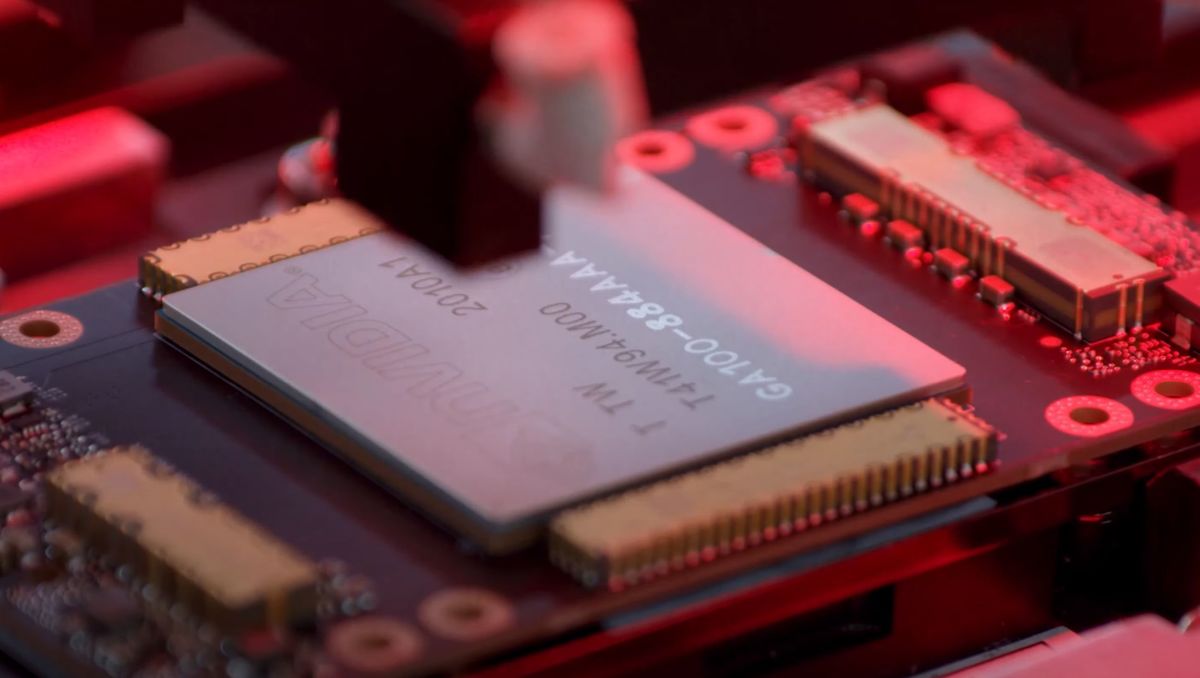- I invested in a subscription-less smart ring, and it beat my Oura in several ways
- HPE Aruba unveils raft of new switches for data center, campus modernization
- I tested the $17 multitool that everyone's buying on Amazon - here's my verdict after a week
- Adidas Data Breach: What Consumers Need to Know and How to Protect Yourself | McAfee Blog
- AI-Driven Automation for Faster Case Resolution with Cisco's High-Performance Data Center Stretch Database
US government blocks sale of some Nvidia and AMD AI chips to China

The US government has banned AMD and Nvidia from exporting chips used to support artificial intelligence work to China.
The ban affects Nvidia’s A100 chips, often deployed in data centers to speed up the training of machine learning models, and its forthcoming H100 chip, while AMD has also received new license requirements that will stop its MI250 advanced AI chip from being exported to China.
In a filing with the SEC, Nvidia said: “The US government has imposed a new license requirement, effective immediately, for any future export to China (including Hong Kong) and Russia of the Company’s A100 and forthcoming H100 integrated circuit.”
According to Nvidia, the US government has said that the new license requirement addresses the risk of these chips being used for military purposes in China and RussiaNividia said it does not sell products to customers in Russia.
Nvidia also stated in its filing that the new license requirement may impact its ability to complete the development of H100 in a timely manner or support existing customers of A100, and may result in it having to move certain operations out of China.
In a statement to Reuters, a spokesperson for AMD said it had received new license requirements, stopping its MI250 artificial intelligence chips from being exported to China. However, the company believes that its MI100 chips will not be affected, and that the new rules will not have a material impact on its business.
The ban will impact Chinese companies looking to develop advanced computing capabilities such as speech and image recognition for both consumer and industry use, as there are a limited number of Chinese chip makers who could plug the resource gap in the face of the ban.
As a result, while the restrictions are unlikely to stop Chinese tech companies from advancing their AI research, in the short-term it will make R&D efforts in the region more expensive and less efficient.
Copyright © 2022 IDG Communications, Inc.

